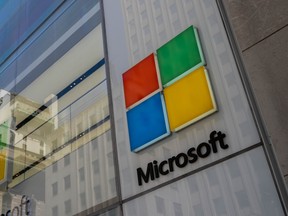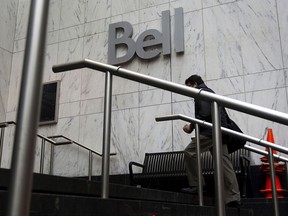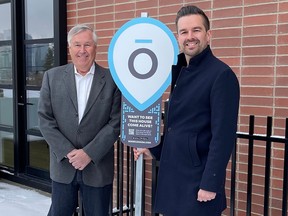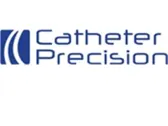Microsoft and Royal Bank of Canada Partner on Innovative Carbon Removal Solution
The agreement between Microsoft and Royal Bank of Canada
Microsoft (MSFT) and Royal Bank of Canada (RBC) have entered into a groundbreaking agreement, committing to purchase 10,000 tons of carbon dioxide (CO2) removal credits annually over the next decade. This initiative marks a significant step in their broader climate strategies, as both companies strive to meet stringent net-zero emission goals while supporting innovative solutions in the decarbonization process.
Deep Sky’s Innovative Approach
The credits will be sourced from Deep Sky Technologies, a cutting-edge facility located in Alberta, Canada. This state-of-the-art facility employs an entirely new approach to direct air capture (DAC), combining multiple technologies at one site under a single energy source to maximize efficiency and reduce operational costs. By integrating bioenergy, renewable power, and advanced carbon removal techniques, Deep Sky aims to provide high-quality credits that address the complexities of the climate market.
Key Features of Deep Sky’s Project
- Single Energy Source: The facility will utilize a unified energy system, ensuring optimal performance across diverse technologies.
- Hybrid Carbon Removal Technologies: Integration of bioenergy and renewable power generation ensures a sustainable carbon removal process.
- Scalability and Efficiency: The project is designed to be flexible, allowing for future expansion and increased capacity as needed.
Strategic Importance of This Deal
This partnership represents Microsoft’s first substantial investment in direct air capture (DAC), complementing their existing portfolio that includes credits from bioenergy projects with Stockholm Exergi and Orsted A/S. RBC is making its debut in the DAC market, marking a pivotal moment for both companies as they navigate the challenges of climate change.
Industry Impact and Market Potential
The agreement underscores the growing importance of carbon removal strategies in corporate decarbonization efforts. With global markets facing increasing scrutiny over the quality and reliability of carbon credits, Microsoft’s commitment to Deep Sky highlights their dedication to delivering high-value solutions. This initiative is expected to set a precedent for sustainable innovation across the industry.
Challenges and Future Outlook
While the project presents significant potential, challenges such as regulatory compliance, energy security, and market acceptance remain critical considerations. Deep Sky’s focus on reducing costs through efficient operations and leveraging renewable power sources will be instrumental in demonstrating the viability of their approach to buyers and investors.
Conclusion
Microsoft and Royal Bank of Canada are taking a proactive step toward addressing climate change by collaborating with Deep Sky Technologies. This partnership not only reinforces their commitment to decarbonization but also positions them as pioneers in advancing innovative carbon removal solutions. As the world continues to grapple with the urgent need for sustainable practices, this deal represents a crucial milestone in the race toward net-zero emissions.




